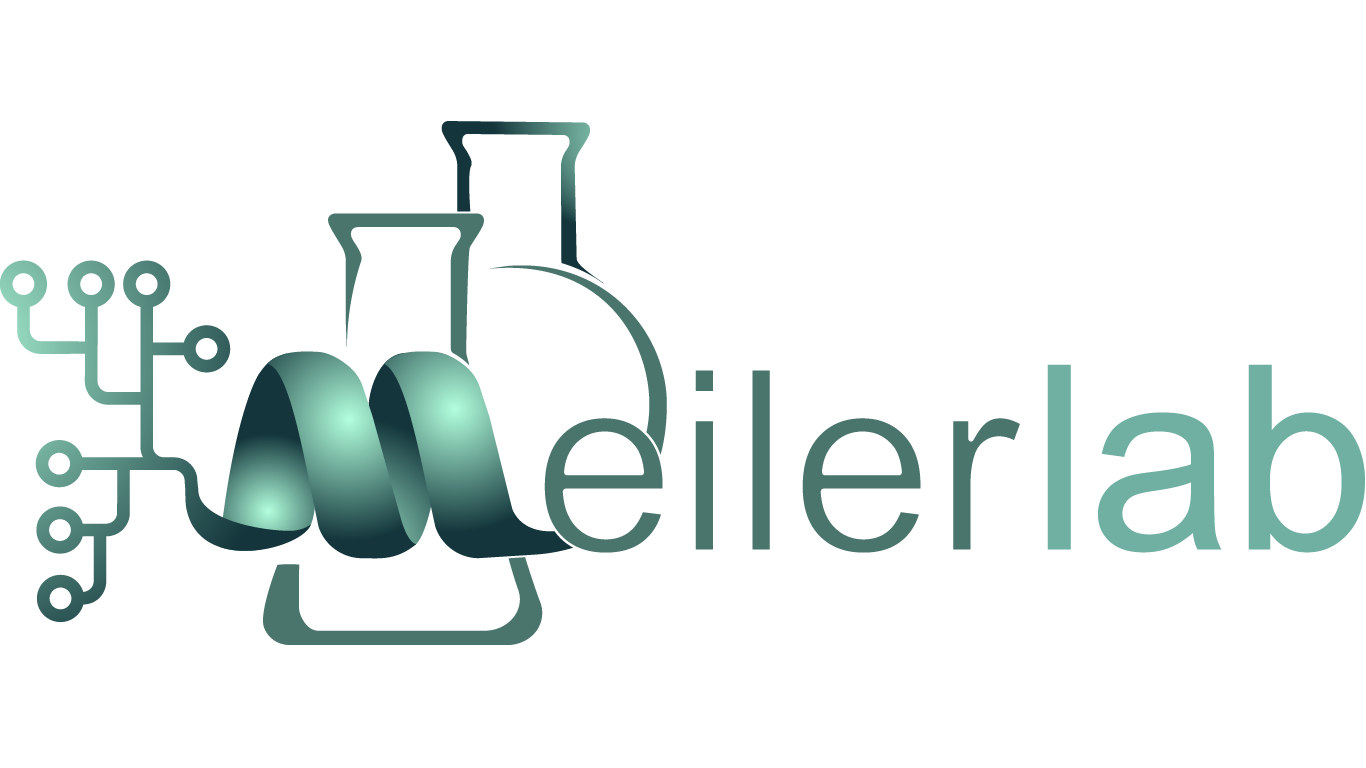Most of our computational work is done with programs developed in C++, like Rosetta and our own library, the BCL. C++ is an object-oriented programming language which allows low-level memory manipulation. The highly optimized C++ compiler standards offer very fast and efficient programming solutions, making it the language of choice for almost every larger development project where performance is crucial. As members of the RosettaCommons we participate in its further development, combining biological and chemistry knowledge with excellence in C++ code development.
Rosetta provides an additional access interface through Python, called pyRosetta. This is optimal for scientist without a background in computer science due to its higher accessibility and therefore crucial in interdisciplinary research. Python is furthermore our language of choice, alongside R, to analyze and visualize large quantities of data generated during our in-silico experiments. This is often automated with elaborated pipelines.
To improve excellence in the field we participate at multiple coding bootcamps not only with new students each year, but also with highly trained teaching assistants.
And since we can't resist further (silly) advertisement, here are some optional conclusions. We had way too much fun writing those:
"C++, we do stuff with it. But gooooood stuff."
"Yes, we code. And probably better than you."
"Meilerlab. The freshest code in town since 2006."
"Experience. Excellence. Modesty. Meilerlab."
"We speak better C++ than English."
